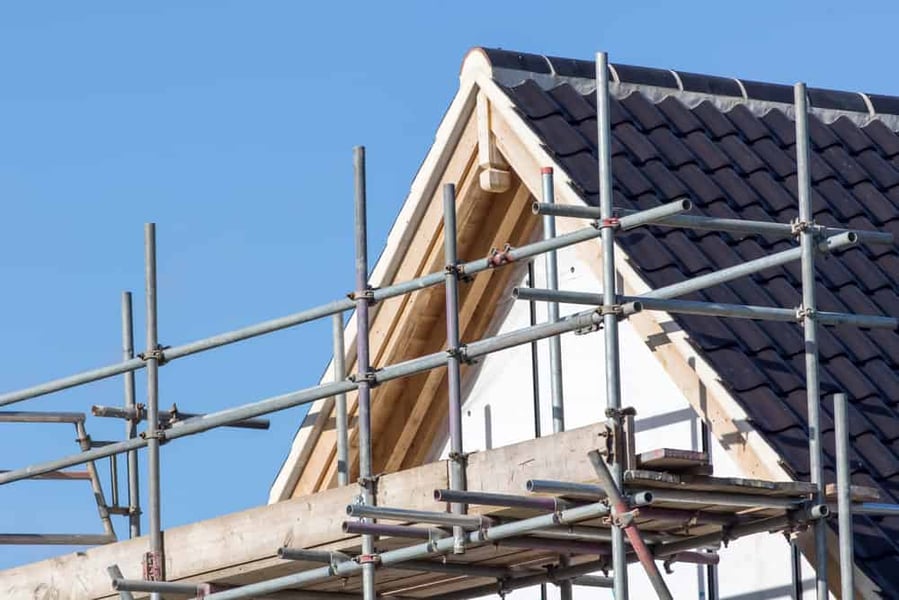For decades successive governments have made pledges to address the housing stock deficit faced by the UK but all of which have failed to meet ambitious building targets.

It will be 2028 before the government finally delivers on its pledge of building 300,000 new homes a year, according to research from property developer StripeHomes.
For decades successive governments have made pledges to address the housing stock deficit faced by the UK but all of which have failed to meet ambitious building targets.
In 2017, the government pledged to build 300,000 new homes a year by ‘the mid-2020s’.
However, data shows that the government has only just managed to break the 200,000 homes a year mark.
In fact, they were closer in 2006, when they delivered 223,500 new homes. This number took a tumble in the years following the financial crisis of 2007 and, to date, has not been achieved again.
The 200,000 mark was only breached again in 2019 when just north of 214,000 homes were delivered.
However, the research by StripeHomes shows that based on historic performance trends, the government may have beaten this previous total in 2020, with an estimated 225,000 homes thought to have been delivered.
If so, this will mean an overall increase of just 1,500 homes in almost 15 years.
James Forrester, managing director of StripeHomes, said: “The government knows full well how bad the housing situation in the UK is, and they also know that delivering 300,000 new homes every year is a monumental task, not least at a time when global and local economies are in such flux following the pandemic.
“But if we’re waiting until 2028 to reach this much-needed target, we’re waiting far too long, especially when England alone currently has over 93,000 households in temporary accommodation and 1.1 million households currently on the waiting list for a social home.
“Finally, the availability of new homes must also be matched by affordability. Yes, prices will fall slightly if supply is increased, but it’s more about ensuring that homes are built in the areas where they’re most needed and being made easily accessible to those people who need them.”



